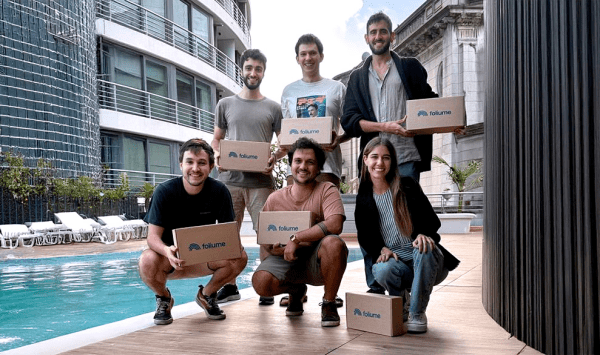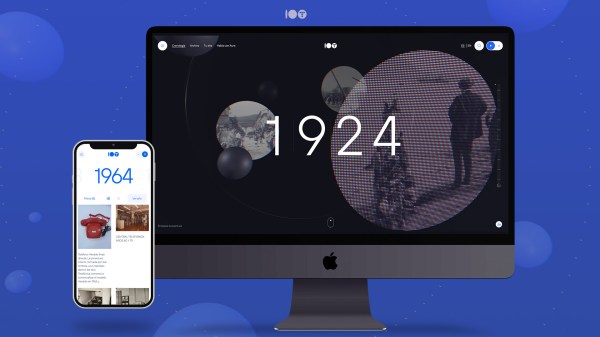As part of the global GSMA Open Gateway initiative, mobile operators Claro, TIM and Vivo have announced the launch of three network API (Application Programmable Interfaces) services focused on improving digital security: Number Verify, SIM Swap and Device Location. The announcement, the first one in the region supported by multiple operators, was made today during an event hosted by the GSMA in São Paulo.
Launched earlier this year at MWC Barcelona, the GSMA Open Gateway initiative represents a paradigm shift in the way the global telecoms industry designs and brings to market new mobile apps, immersive and digital services. It will also help the mobile industry, enterprises and developers deliver better digital experiences over 5G networks for the benefit of customers, society and the economy.
GSMA Open Gateway is a common and open framework between operators to make it easier for developers and cloud providers to build apps and services that seamlessly communicate with each other and work for all devices and customers. This is done through single access points to mobile networks known as APIs. From Brazil to China, Norway to New Zealand, nearly 40 mobile operator groups worldwide, representing 228 mobile networks and 64% of global connections are already part of the initiative.
The APIs introduced today by Brazilian operators, the first of an evolutionary roadmap, are focused on combating digital fraud, for financial institutions such as banks and fintechs. The project is 100% privacy by design and, fully addresses LGPD, Brazilian data protection laws. The three APIs are:
- Number Verify: It offers seamless verification of a user’s mobile number by providing the next generation of strong authentication and user experience. It is a simple evolution path for any business that uses mobile numbers and SMS One-Time-Passwords. Instead of relying on SMS, Number Verify can be seamlessly and automatically activated to verify a user’s identity. This not only enhances the user experience but also eliminates potential issues, such as users not receiving an SMS or facing difficulties due to limited familiarity with technology.
- SIM Swap: Is used to check whether a given phone number has recently changed SIM cards. This helps prevent account takeover attacks, in which fraudsters take control of the account owner’s SIM card using social engineering techniques and stolen personal data. For example, at the time of a financial transaction, a financial institution can check whether the relationship between the customer’s phone number and SIM Card has been recently changed, helping them decide whether to approve the transaction or not.
- Device Location: Allows developers to confirm whether a certain device is in a certain location, which can help spot and prevent fake transactions. This can help to protect customers against fraudsters using GPS manipulation, known as fake GPS. The API ensures instant validation of the location area provided by the mobile device owner and the location area of the device on the operator’s network, to prevent manipulation. For example, Delivery App companies can deploy this technology to ensure drivers and riders are delivering to the correct customer.
The mobile industry expects this to accelerate the growth of digital services and apps, by ensuring they integrate seamlessly with national mobile networks, as well as hundreds of others around the world. As part of the GSMA Open Gateway initiative, these APIs will be locally and globally federated, meaning that as well as Brazil’s 145 million mobile customers, developers can also reach new customers outside of Brazil as the initiative grows.
Debora Bortolasi, B2B Executive Director at Vivo, said: “The Open Gateway initiative is a milestone in the transformation of the telecommunications sector, with a positive impact on several industries in the market, as it enables the conversion of communications networks into programmable digital platforms through global and standardized APIs, benefiting a large digital ecosystem from startups to large companies”.
José María Álvarez has been president of the GSMA since 1 January 2023 and presented the GSMA Open Gateway initiative at the opening session of the Mobile World Congress as a project “that brings together telecommunications companies, industry, technology giants and developers to create the digital future together”.








